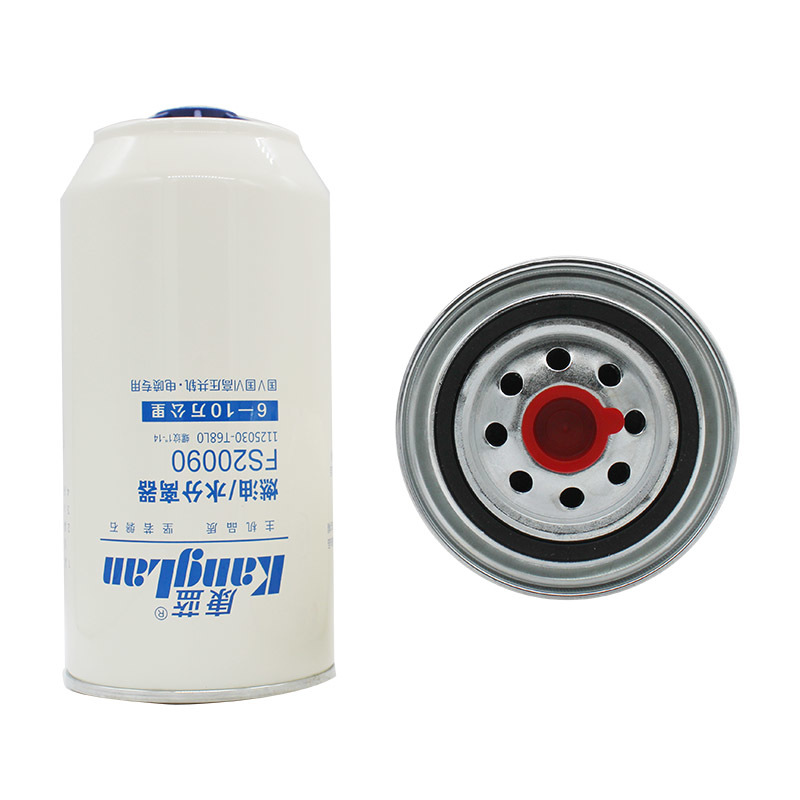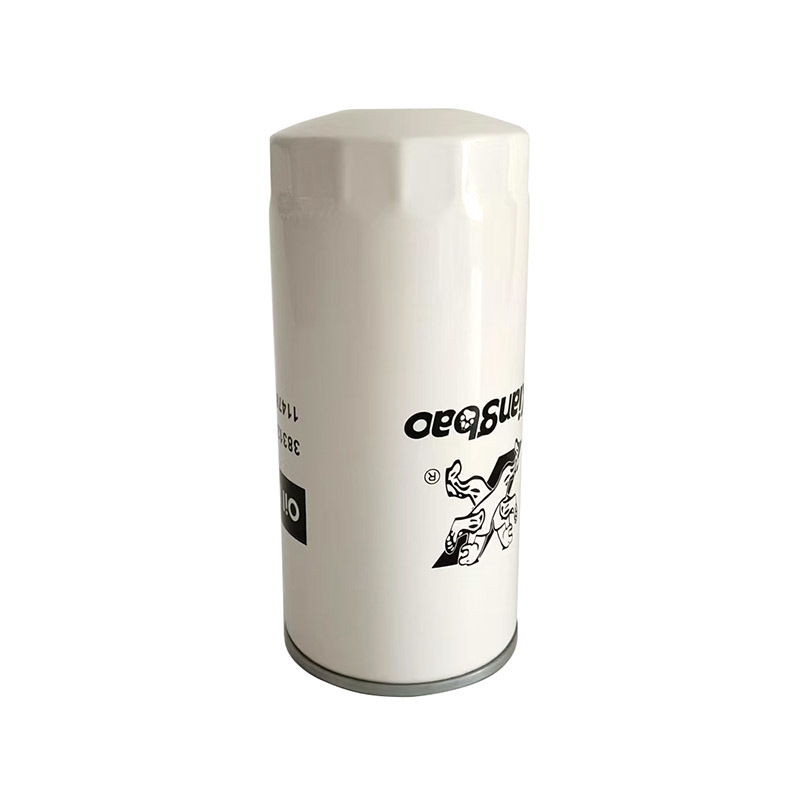Welcome to Hebei Takai Vehicle Parts Technology Co., Ltd.
The Essential Role of Tractor Oil Filters in Industrial Equipment Maintenance
Release Time:
Aug 11,2025
When it comes to industrial equipment, particularly tractors, oil filters play a vital role in maintaining engine health and performance. Tractor oil filters are designed to remove contaminants from engine oil, ensuring that the oil circulating through the engine is clean and effective. This is essential because dirty oil can lead to increased wear and tear, reduced efficiency, and ultimately, cos
When it comes to industrial equipment, particularly tractors, oil filters play a vital role in maintaining engine health and performance. Tractor oil filters are designed to remove contaminants from engine oil, ensuring that the oil circulating through the engine is clean and effective. This is essential because dirty oil can lead to increased wear and tear, reduced efficiency, and ultimately, costly repairs.
Tractor oil filters primarily serve to capture dirt, debris, metal shavings, and sludge that can accumulate in the engine oil over time. These contaminants can originate from various sources, including the combustion process, wear of engine components, or even external environmental factors. By filtering out these harmful substances, oil filters help to maintain the lubricating properties of the oil, allowing the engine to operate smoothly and efficiently.
There are several types of tractor oil filters, each designed for specific applications and engine types. The most common types include spin-on filters, cartridge filters, and magnetic filters. Spin-on filters are easy to replace and are commonly used in many tractor models. Cartridge filters, on the other hand, require a bit more effort to install but can be more environmentally friendly, as they often allow for recycling of parts. Magnetic filters, while less common, can provide additional protection by capturing metallic particles that may otherwise go unnoticed.
Regular maintenance of tractor oil filters is critical for optimal performance. It is generally recommended to check and replace oil filters based on the manufacturer’s guidelines or after a certain number of operating hours. Failing to replace a clogged or dirty filter can lead to diminished oil flow, overheating, and increased engine wear. Industry professionals should develop a maintenance schedule that includes regular inspections and timely replacements of oil filters to avoid potential issues down the line.
Furthermore, it’s essential to educate operators about the signs of a failing oil filter. Symptoms may include decreased engine performance, unusual engine noises, and warning lights on the dashboard. By being proactive and attentive to these signs, operators can mitigate risks and ensure that their tractors remain in peak condition.
In summary, tractor oil filters are a crucial component of industrial equipment maintenance. By effectively removing contaminants from engine oil, these filters help to extend the life of the engine and maintain optimal performance. Industry professionals should prioritize regular maintenance and replacement of oil filters to safeguard their equipment and avoid costly repairs. Understanding the role and upkeep of tractor oil filters can lead to enhanced productivity and reliability in the field.
Tractor oil filters primarily serve to capture dirt, debris, metal shavings, and sludge that can accumulate in the engine oil over time. These contaminants can originate from various sources, including the combustion process, wear of engine components, or even external environmental factors. By filtering out these harmful substances, oil filters help to maintain the lubricating properties of the oil, allowing the engine to operate smoothly and efficiently.
There are several types of tractor oil filters, each designed for specific applications and engine types. The most common types include spin-on filters, cartridge filters, and magnetic filters. Spin-on filters are easy to replace and are commonly used in many tractor models. Cartridge filters, on the other hand, require a bit more effort to install but can be more environmentally friendly, as they often allow for recycling of parts. Magnetic filters, while less common, can provide additional protection by capturing metallic particles that may otherwise go unnoticed.
Regular maintenance of tractor oil filters is critical for optimal performance. It is generally recommended to check and replace oil filters based on the manufacturer’s guidelines or after a certain number of operating hours. Failing to replace a clogged or dirty filter can lead to diminished oil flow, overheating, and increased engine wear. Industry professionals should develop a maintenance schedule that includes regular inspections and timely replacements of oil filters to avoid potential issues down the line.
Furthermore, it’s essential to educate operators about the signs of a failing oil filter. Symptoms may include decreased engine performance, unusual engine noises, and warning lights on the dashboard. By being proactive and attentive to these signs, operators can mitigate risks and ensure that their tractors remain in peak condition.
In summary, tractor oil filters are a crucial component of industrial equipment maintenance. By effectively removing contaminants from engine oil, these filters help to extend the life of the engine and maintain optimal performance. Industry professionals should prioritize regular maintenance and replacement of oil filters to safeguard their equipment and avoid costly repairs. Understanding the role and upkeep of tractor oil filters can lead to enhanced productivity and reliability in the field.
You Can Also Learn More About Industry Trends










